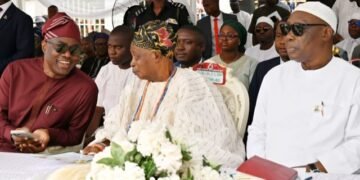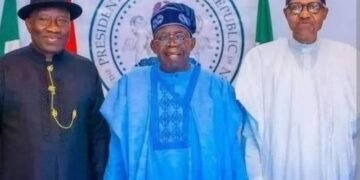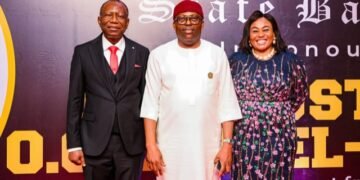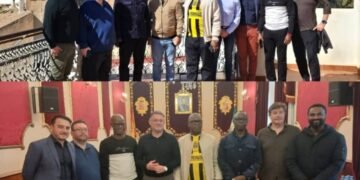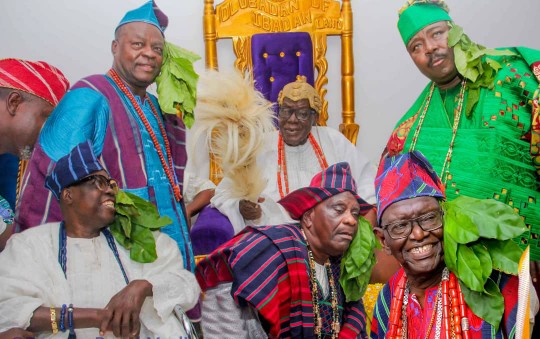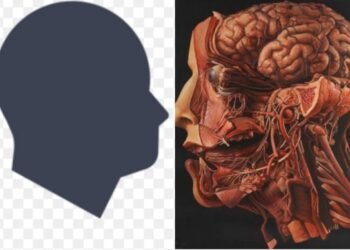Olubadan of Ibadanland, Oba Owolabi Akinloye Olakulehin Ige 1, on Friday, elevated four obas and two high chiefs in the Balogun Royal Line.
The elevation followed vacuums created by the ascension of Oba Olakulehin to the throne and the recent transition of the Osi Balogun of Ibadanland, Oba Lateef Adebimpe.
Oba Olakulehin Ige 1 performed the promotion exercise at the Olubadan Palace, at Oke Aremo in Ibadan North Local Government Area.
The obas and high chiefs elevated during the ceremony included Oba Tajudeen Abimbola Ajibola who was elevated from Otun Balogun to Balogun of Ibadanland; Oba Kolawole Adegbola, promoted from Asipa Balogun to Otun Balogun of Ibadanland; and Oba John Olubunmi Isioye-Dada who moved from Ekerin Balogun to Osi Balogun of Ibadanland.
Others were Oba Dauda Abiodun Azeez (absent but represented) who rose from Ekarun Balogun to Asipa Balogun of Ibadanland; Senior Chief Akeem Bolaji Adewoyin who climbed the ladder from Abese Balogun to Ekerin Balogun of Ibadanland; and Senior Chief (Senator) Sharafadeen Abiodun Alli who advanced from Maye Balogun to Ekarun Balogun of Ibadanland.
Traditional chieftaincy rites were performed on the elevated obas and high chiefs by the Oluwo of Ibadanland, Chief Wahab Popoola Labosinde, who decorated them with the traditional Akoko leaves.
Oba Olakulehin, while speaking, congratulated the new obas and high chiefs on their elevation. He charged them to use their new positions for the progress of Ibadanland, Oyo State and Nigeria at large.
The Ibadan paramount traditional ruler urged the elevated obas and high chiefs to dedicate their lives to the service of humanity. He emphasised the need for selflessness in their endeavours in their new positions.
The historic and colourful event was witnessed by members of the Olubadan-in-Council, among whom were the Otun Olubadan of Ibadanland, Oba Rashidi Adewolu Ladoja.
Others were Osi Olubadan, Oba Eddy Oyewole-Foko, Asipa Olubadan, Oba Abiodun Kola-Daisi, Ekaarun Olubadan, Oba Adebayo Akande and Ekerin Olubadan, Oba Amidu Ajibade.
Also present were family heads, traditional chiefs, political office holders, business tycoons, religious leaders, market men and women.


